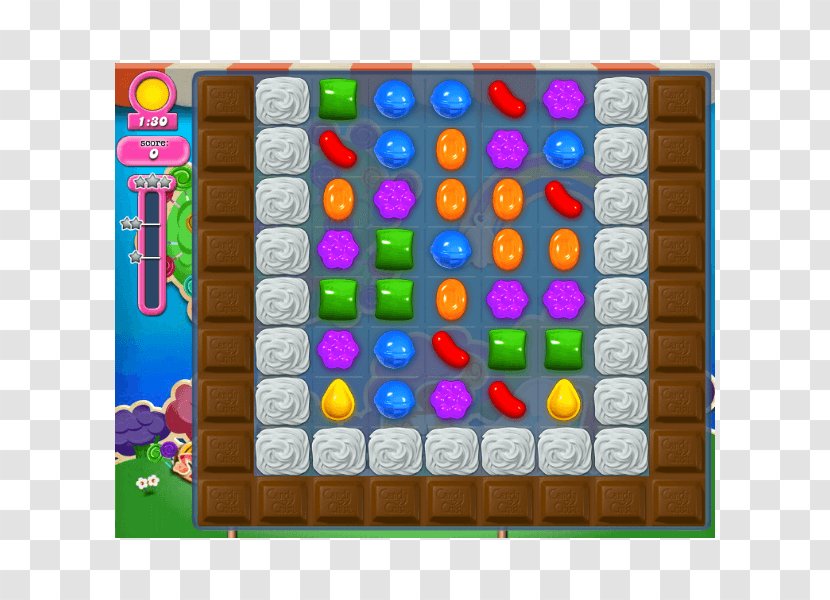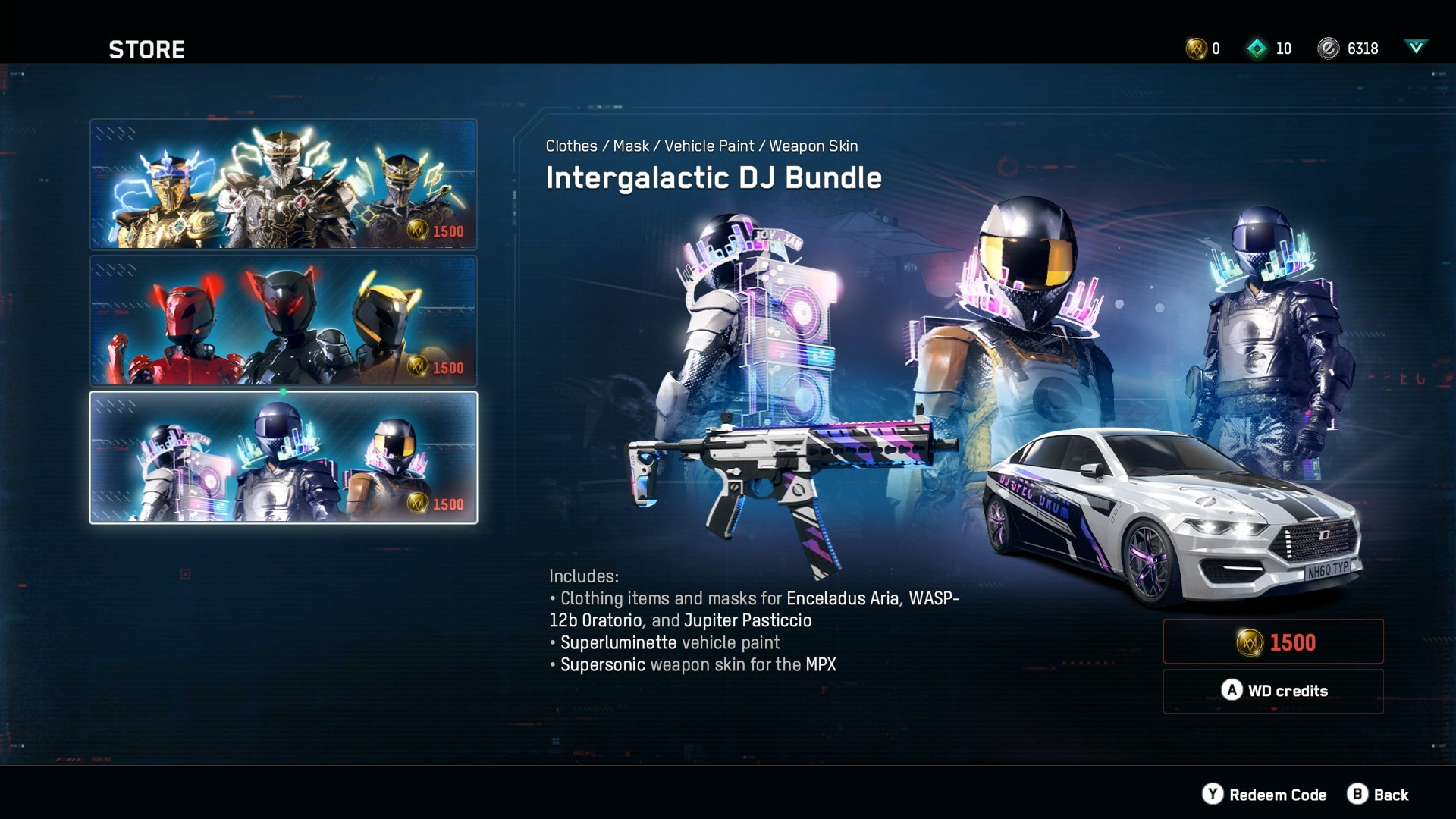Cheating In Games With Microtransactions

- Microtransactions In Video Games
- Microtransactions In Video Games Effects
- Are Microtransactions Good For Games
- Mobile Game Microtransactions
Ubisoft banned 1500For Honor players last month for cheating. Back in February, Blizzard clamped down on Korean cheaters for circumventing bans in the game Overwatch. Last year, Ubisoft considered punishing players of Tom Clancy’s The Division for exploiting a game glitch that allowed them to win top tier loot without actually playing the level.
To say developers are cracking down on cheating would be an understatement. Adding punctuation to that understatement, Blizzard was just handed a $8.6 million award in a lawsuit against Bossland, a company that specialized in creating software or 'bots' used for cheating.
“Founded 2009, Bossland GmbH is a leading company in creating automation software, so called Bots, for MMORPG’s,” says the company website adding, “Botting is not against any law.”
Microtransactions are usually cheat codes you pay for. Cheat codes used to be built into games. I miss those days. The biggest problem with microtransactions are when games are built around the use of them; like if the difficulty of content ramps up considerably out of the blue simply to push people to buy the microtransactions. Another games company has released its latest financial results, and for Activision Blizzard it shows exactly why microtransactions aren. Fall Guys Big Yeetus update adds Easy Anti-Cheat, full. The problem with microtransactions and DLCs is that it makes the initial standalone game feel incomplete by default. It forces people to constantly shell out money just to play the full game they wanted to play. So while these practices work, they also hurt consumer confidence, and games in general. BIg game makers NEED TO STOP.
However, Blizzard vehemently disagrees. According to PC Gamer, the MMO giant claims that Bossland “reverse-engineered and otherwise altered its games without permission.”
The California court presiding over the case sided with Blizzard, ruling that the cheat company was guilty of “42,818 counts of copyright infringement.”
Bossland was ordered to pay $8.5 million to Blizzard in restitution plus another $177,000 in legal fees. It is unreported whether this outcome will break the bot maker, but considering that it only lists five software programs on its company website, bankruptcy is a very real possibility.
Microtransactions In Video Games
But are bots so bad? Cheats in video games have been around almost as long as video games have existed. Cheat codes were regularly published in gaming magazines. There were even cartridge peripherals in the 1990's such as the Game Genie and Game Shark, that facilitated cheating in just about any game. However, most cheats were put in by developers to help test and debug a game. The debugging codes were so popular that developers would leave them in for gamers to find.
Microtransactions In Video Games Effects
However, with the proliferation of multiplayer games and the advent of the microtransaction, cheating is viewed differently by developers now. Cheating in single player games harms no one. However, cheating in multiplayer games is another matter.

From a player’s perspective, it is not much different than if one was to cheat in a game of Monopoly or other board game. Cheating in an MMO gives a player an advantage over the rest of the players, which is unfair. Trying to play a game with others who are cheating is not fun for the non-cheater, so most makers of MMOs are strict when it comes to the matter.
Are Microtransactions Good For Games
However, from a developer’s perspective, protecting the game’s community from cheaters is not solely to keep the game fun for everyone. The new multiplayer gaming business model revolves around microtransactions. In fact, for some games such as Star Trek Online, DC Universe Online, Warframe, and others, microtransactions are the developers only source of income. These games are free to download and play without a subscription. However, each has an in-game store for purchasing gear and other items. Some also offer monthly subscriptions that give the player extra perks as well. So anyone cheating in games like these are stealing revenue from the developers in a very literal sense.
The topic of whether using bots is cheating or not will likely continue to be hotly debated, but Blizzard’s win in court sets a legal precedent that pretty much settles the argument. Botting is against the law.
Konami Code image by Gamerz Unite